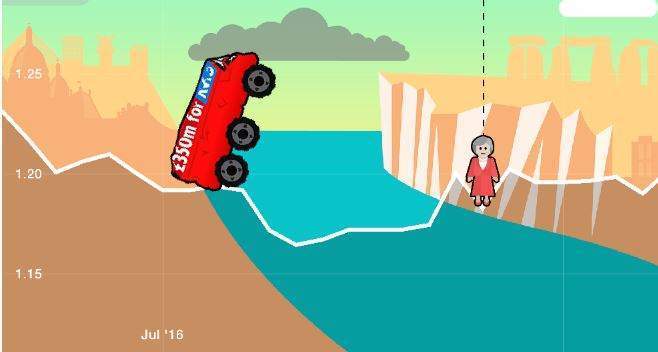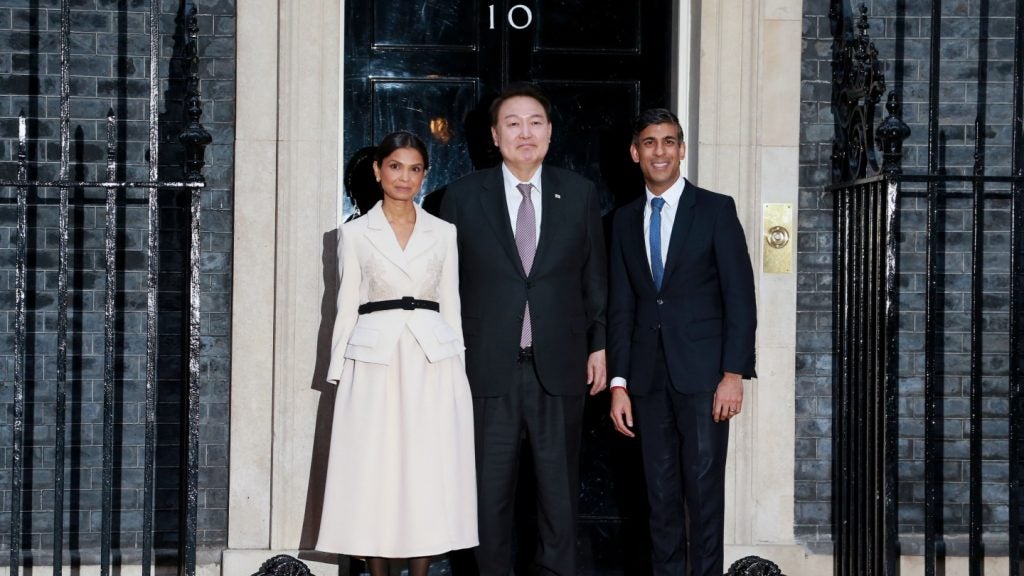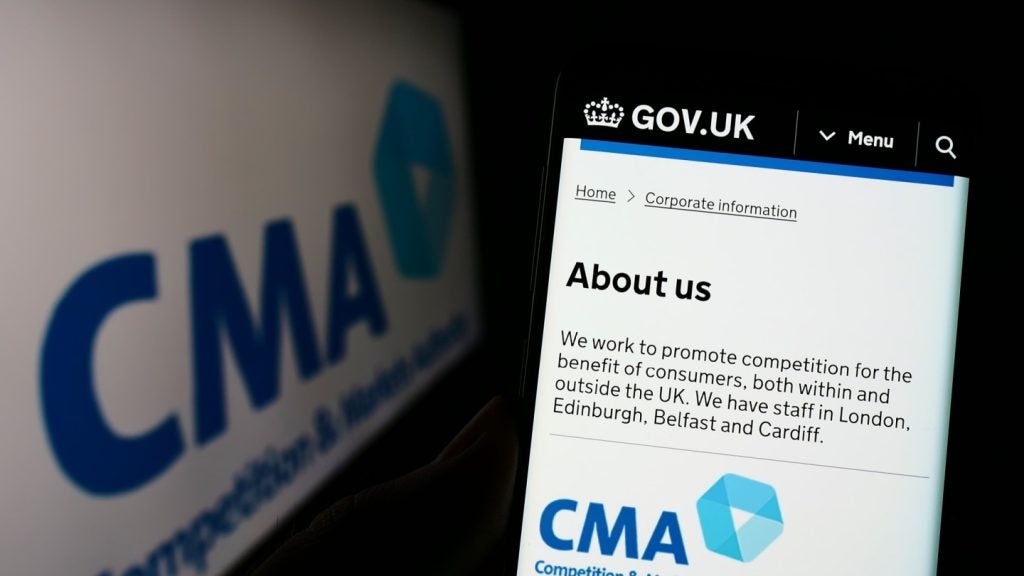
The UK would be more than £700m a week worse off in the best scenario post Brexit imagined in a leaked government analysis.
Buzzfeed this morning published information from a document headed: “EU Exit Analysis – Cross Whitehall Briefing.”
It outlined three scenarios:
- Under a ‘no deal’ with the UK reverting to World Trade Organisation rules UK growth would be down 8 percent over a 15-year-period
- A comprehensive free trade agreement with the EU would lead to growth down 5 percent over the next 15 years
- And a soft-Brexit with continued single-market access through membership of the European Economic Area would see growth reduced by 2 percent over the next 15 years.
The estimated size of the UK economy in 2016 was £1.9trn (GDP).
We don’t know what size the economy would grow to in 15 years’ time so we can only go on the current size of the UK economy to roughly guesstimate what the effect of these growth estimates would be in cash terms. But on current trends the UK economy will be at least as big as it is now in 2033 so £1.9trn is a reasonable starting point.
It means that in the best-case scenario outlined by government researchers the economy would be at least £39bn a year smaller in 2033 than it would have been had the UK stayed inside the European Union.
How well do you really know your competitors?
Access the most comprehensive Company Profiles on the market, powered by GlobalData. Save hours of research. Gain competitive edge.

Thank you!
Your download email will arrive shortly
Not ready to buy yet? Download a free sample
We are confident about the unique quality of our Company Profiles. However, we want you to make the most beneficial decision for your business, so we offer a free sample that you can download by submitting the below form
By GlobalDataLeave campaigners such as UK foreign secretary Boris Johnson famously made the case for leaving the European Union by writing on the side of a campaign bus that it would free up £350m a week which could be spent on the NHS.
This figure never took into account the money the UK gets back in the form of a rebate from the EU and the money from the EU budget which is spent in the UK.
According to Full Fact the real cost to Britain of being in the EU was £250m a week (not taking into account EU funds which are spent in the UK, but outside UK government control).
The best-case economic prediction suggests the UK would be at least £750m a week worse off in 15 years time as a result of leaving the EU.
That is 2 per cent of £1.9 trillion divided by 52.
According to the OECD some 33 per cent of UK GDP goes to the government in the form of tax revenue.
This means that according to the leaked government estimates published by Buzzfeed rather than gaining £250m a week post Brexit, this is the figure which the government would lose every week in 15 years’ time.
The worst case scenario spelled out by the UK government prediction (with the UK economy being 8 per cent smaller in 2033 with no free-trade agreement) would equate to at least £2bn a week of lost government revenue.
The UK government said the 15-year predictions do not include the current preferred scenario of a bespoke free-trade deal between the UK and the EU.
Brexit minister Steve Baker told MPs today in parliament that the document was at a “preliminary” stage and “requires further work”.
Talking at a private breakfast at the Davos conference last week Bank of England governor Mark Carney estimated that Brexit had already cost the UK £200m a week in lost revenue in terms of reduced economic growth since the June 2016 vote for Britain to leave the European Union.
Image: The European’s Brexit Bus game







